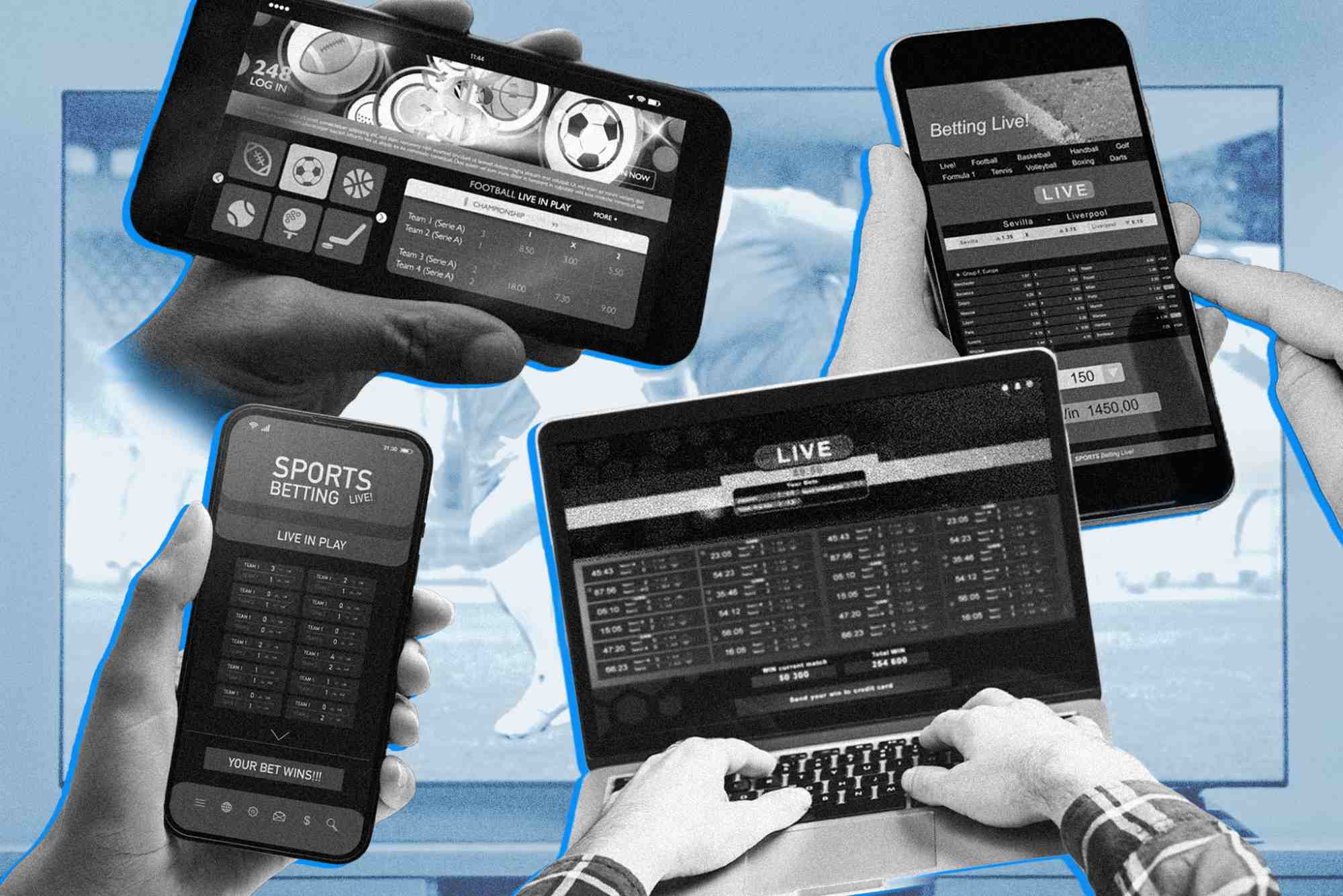The rise of no KYC casinos has changed how many players approach online gambling. Traditionally, signing up at an online casino required a lengthy verification process involving ID uploads, utility bills, and sometimes even phone interviews. For players who value privacy or want faster access to their winnings, that can feel restrictive. No KYC casinos skip much of that process, offering a smoother and more anonymous experience. But if identity checks are off the table, what payment methods work best in these environments?
From my own research and experience navigating the online casino space, I’ve found that payment methods play a huge role in shaping the overall experience. Some options are faster, others more private, and a few balance both. Let’s dive deeper into the methods that stand out and why they matter so much when playing at no KYC casinos.
Why Payment Methods Matter More at No KYC Casinos
At traditional casinos, the main concern is usually how long deposits or withdrawals take. At no KYC casinos, however, the stakes are different. Since players want to avoid providing sensitive personal documents, the payment method chosen needs to support that level of privacy. It also needs to offer reliability because if the casino itself doesn’t require strict verification, the onus is often on the payment method to ensure secure transactions.
The best choices at no KYC casinos tend to be those that prioritize anonymity, transaction speed, and global accessibility. This is why cryptocurrencies, for example, are such a natural fit. But they’re not the only option worth considering.
Cryptocurrencies: The Leading Choice
It’s no surprise that cryptocurrencies dominate the payment landscape at no KYC casinos. Coins like Bitcoin, Ethereum, Litecoin, and USDT provide an excellent mix of anonymity and speed. Since crypto transactions don’t require a bank’s approval or a third-party verification, they fit seamlessly with the no-KYC ethos.
In my experience, crypto payments often clear much faster than traditional banking methods. Deposits can be nearly instant, and withdrawals—depending on network congestion—are usually processed within minutes to a few hours. That’s a significant improvement compared to bank transfers, which might take days.
Another perk of using crypto is the ability to keep your gambling activity more private. With no paper trail tied directly to your identity, you reduce the chance of personal data leaks. Of course, the flip side is volatility. If you’re gambling in Bitcoin and its price drops significantly overnight, your winnings could lose value. Stablecoins like USDT or USDC solve this issue by pegging their value to the dollar, making them a safer bet for players who dislike volatility.
E-Wallets: Balancing Convenience and Speed
While crypto is the star of the show, not every player is ready to dive into the world of wallets, exchanges, and private keys. That’s where e-wallets come into play. Services like Skrill, Neteller, and ecoPayz are often supported by no KYC casinos, and they offer an excellent balance between speed and ease of use.
E-wallets are generally faster than bank transfers and are user-friendly, especially for people who prefer traditional currency. The catch is that some e-wallets may still require you to verify your identity when setting up or when moving large sums of money. So while they’re more private than bank cards, they don’t always deliver the same level of anonymity as crypto.
In practice, though, I’ve found e-wallets to be a reliable bridge for players who want faster deposits and withdrawals without going full-on crypto.
Prepaid Cards and Vouchers
Another method that works surprisingly well at no KYC casinos is prepaid cards or voucher-based systems. Think Paysafecard or Neosurf. These methods allow you to buy a prepaid voucher with cash or card and then redeem it at the casino.
The advantage here is clear: you don’t need to link your bank account, and the process can be nearly anonymous. The downside is that withdrawals typically can’t be made back onto a prepaid card, so you’ll need an alternative method for cashing out. Still, if your priority is depositing funds without leaving a digital trail, prepaid options can be quite handy.
Traditional Banking: Still an Option, But Not Ideal
It might seem odd to mention traditional banking at all in the context of no KYC casinos, but it’s worth addressing. Some no KYC platforms do accept debit cards, credit cards, or direct bank transfers. These methods offer familiarity and accessibility, especially for players who aren’t comfortable with digital currencies.
However, the trade-offs are significant. Bank-based methods nearly always involve some level of traceability. On top of that, transactions are slower, and in some jurisdictions, banks may block gambling-related payments entirely. Personally, I would only recommend using traditional banking if you don’t mind the paper trail and if your priority is simplicity rather than privacy.
Factors to Consider When Choosing a Payment Method
When weighing your options, the “best” payment method often comes down to your personal priorities. If anonymity is your number one concern, crypto or prepaid vouchers are the clear winners. If convenience and familiarity matter most, e-wallets or even cards might work better for you.
Other factors worth considering include:
Transaction speed: Do you want your funds available instantly, or can you wait?
Fees: Some methods, especially crypto, can have network fees that add up during busy times.
Currency preferences: Do you prefer dealing with fiat currencies like USD or EUR, or are you comfortable transacting in crypto?
Withdrawal options: Always check how easy it is to cash out, not just to deposit.
In my view, the best approach is often to combine methods. For example, using crypto for withdrawals (to maximize speed and privacy) while relying on an e-wallet or voucher for deposits can give you the best of both worlds.
The Future of Payments at No KYC Casinos
The world of no KYC casinos is still evolving, and so are the payment methods they support. With the rise of blockchain technology, we’re likely to see even more sophisticated crypto solutions, such as layer-2 networks that reduce fees and improve transaction times. Similarly, the growth of decentralized finance (DeFi) may introduce entirely new ways for players to manage their casino funds without ever involving a bank.
That said, regulation will always play a role. Governments and financial authorities continue to keep an eye on online gambling, and payment methods that seem private today may face tighter controls in the future. Still, the trend toward faster, more flexible, and less invasive payment systems looks strong.
Final Thoughts
Choosing the right payment method at a no KYC casino is about more than just moving money in and out of your account. It’s about aligning your priorities—whether that’s privacy, speed, convenience, or minimizing fees—with the tools available.
From my own experience and research, crypto stands out as the most effective option for players who want to fully embrace the no KYC experience. But e-wallets, prepaid vouchers, and even traditional methods each have their place, depending on your comfort level and goals.
What matters most is that you take the time to understand the pros and cons of each method before you commit. By doing so, you can ensure that your time at no KYC casinos isn’t just fun but also smooth, secure, and in line with your personal preferences.




